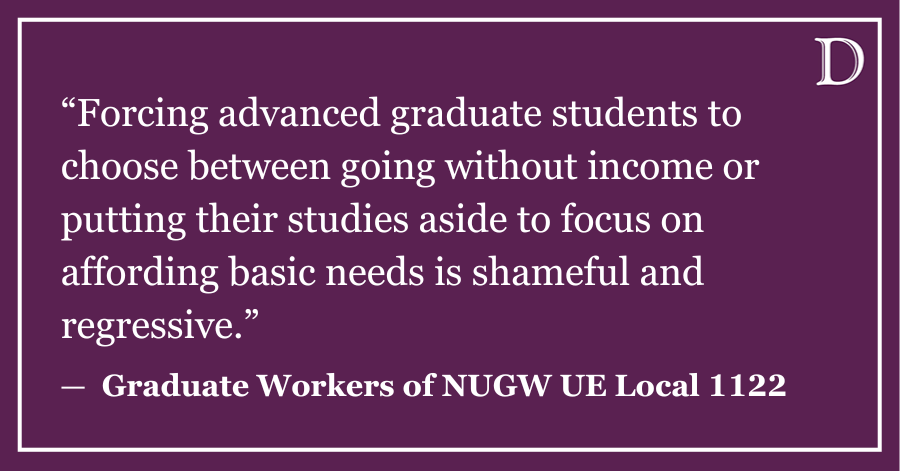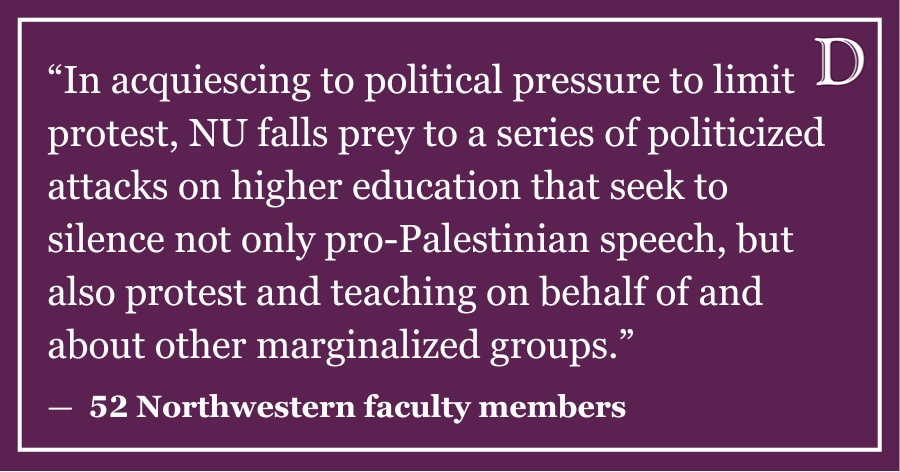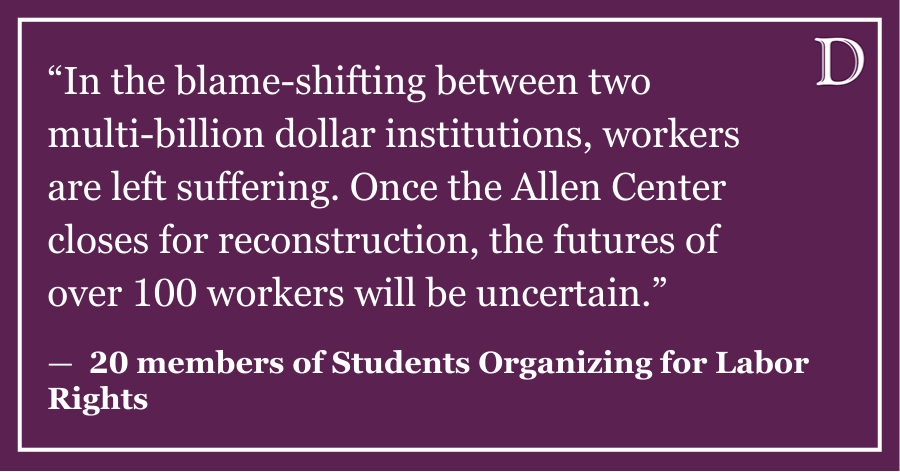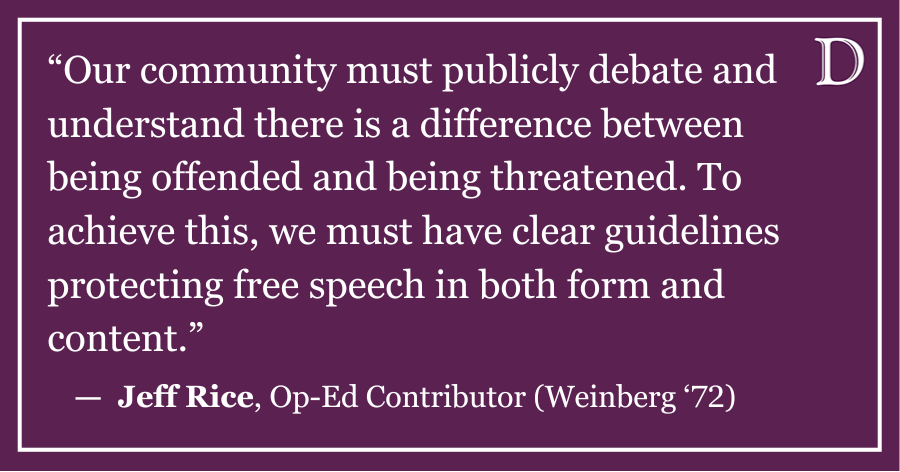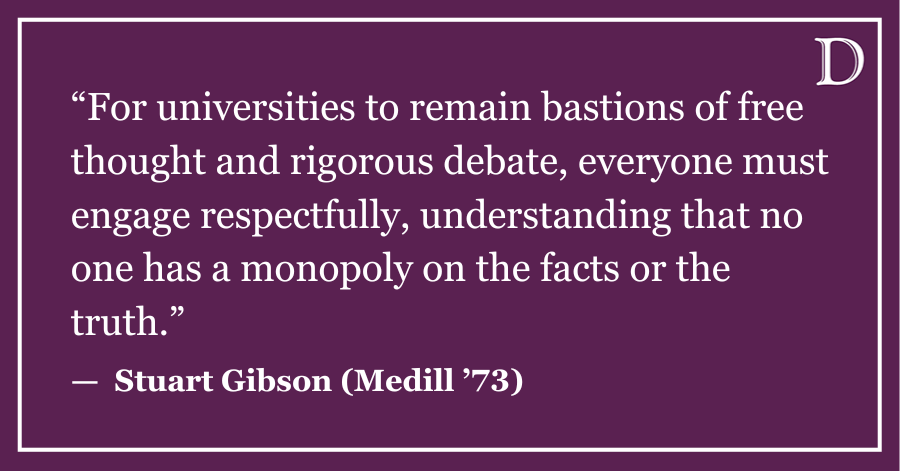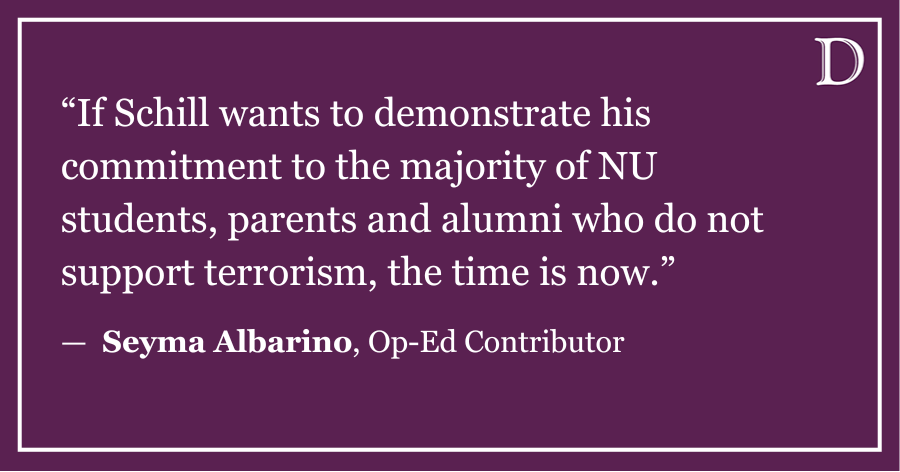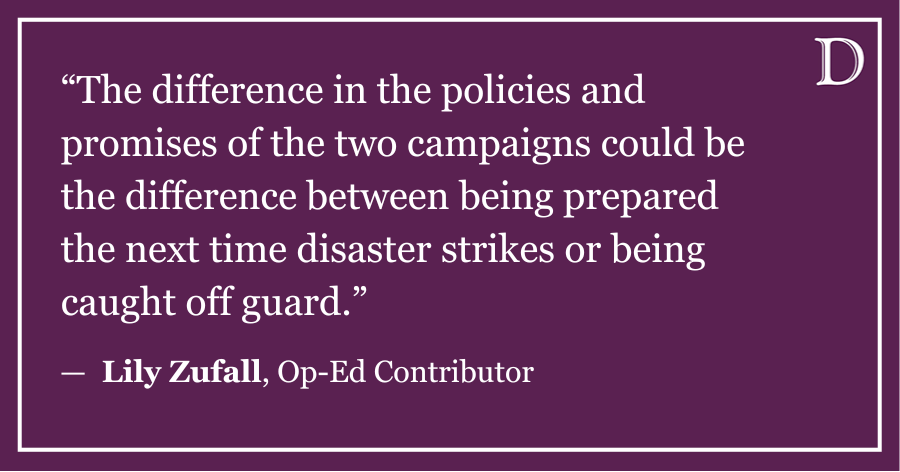I commend Brian Rosenthal’s second installment of his In Focus series on the Innocence Project and David Protess for the intensive reporting and new angles it provides.
But putting Protess and the Innocence Project aside, I take issue with Brian’s implication – which, even if not intentional, came across – that advocacy and journalism are incompatible.
Too many people think journalists must be drones who regurgitate information and analysis, step aside and let others act. Some of the most shining examples of journalism in our nation’s history involve journalists becoming advocates: Walter Cronkite demanded Lyndon Johnson end the Vietnam War, juxtaposed by footage of the carnage. Samantha Power won a Pulitzer Prize for criticizing the failures of the U.S. to intervene in genocide after reporting about the Yugoslavian conflict.
Going above and beyond to stay dispassionate and unbiased as journalists can lead to disturbing consequences: for example, the Washington Post publishing a point-counter point about gay teen suicides and the media creating a distorted perception about the scientific validity of climate change in the interest of “balance.”
As for whether bringing advocacy into a journalism school compares to “fitting a square into a circle,” just look at the amount of Medill alumni who go on to work in non-profit and advocacy centers, including Innocence Project members quoted in the article. A lot of us who are interested in advocacy come through journalism school because the skills we learn – research, conscientiousness, building trust with people and strong writing – are crucial for effective advocates. Journalists can certainly make a difference without becoming advocates and crossing that line may undermine our work in some situations. Nevertheless, we shouldn’t shackle journalists into a position where they can never go beyond showing inequality and injustice and calling for it to end.
-Fenit Nirappil
Medill junior
Former editor-in-chief, The Protest
